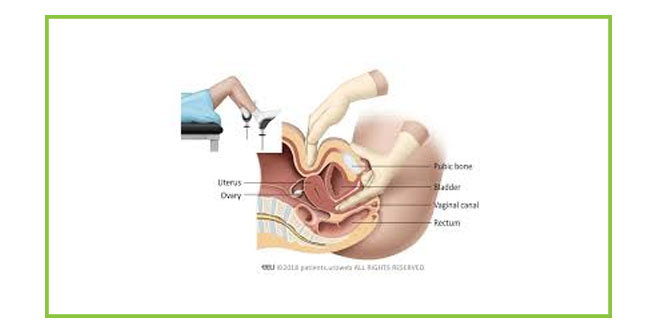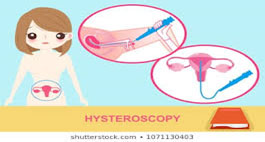022 2540 4455
96536 65448
Endometrial Carcinoma ( Uterine )
Changes in balance of female hormones with excess estrogen hormone is main cause. Obesity, polycystic ovarian disease, diabetes, early menses, no child, use of contraceptive pills more than 5 years, hormone therapy (tamoxifen) in breast cancer, old age are risk factors. Inherited colon cancer (lynch syndrome) is familial cause.
Postmenopausal bleeding is most common symptom.
Bleeding in between period, pelvic pain, pain during sex can also be symptoms.
Pelvic examination is important to see cervix

PIf required using scope we can examine uterus with sos biopsy is done (hysteroscopy).

Taking out tissue from uterus by curratage is also used for diagnosis
Once confirmed, you need MRI scan of pelvis and abdomen to assess spread.
Removal of uterus with fallopian tubes and ovary with pelvic and retroperitoneal lymph nodes is main treatment.
This can be done by laparoscopy with advantage of very minute scar, no healing problem, early discharge (less hospital stay), minimal bleeding.
Radiation is used either presurgery to decrease burden of tumor or after surgery to decrease chances of recurrence.
No, fortunately 60-70% do not require it, as most present in early stage. It is required only for node positive cancer or if tumor is spread in body. Hormonal therapy is another good option if spread beyond uterus. Targeted therapy and immunotherapy are also used in advanced stage.
